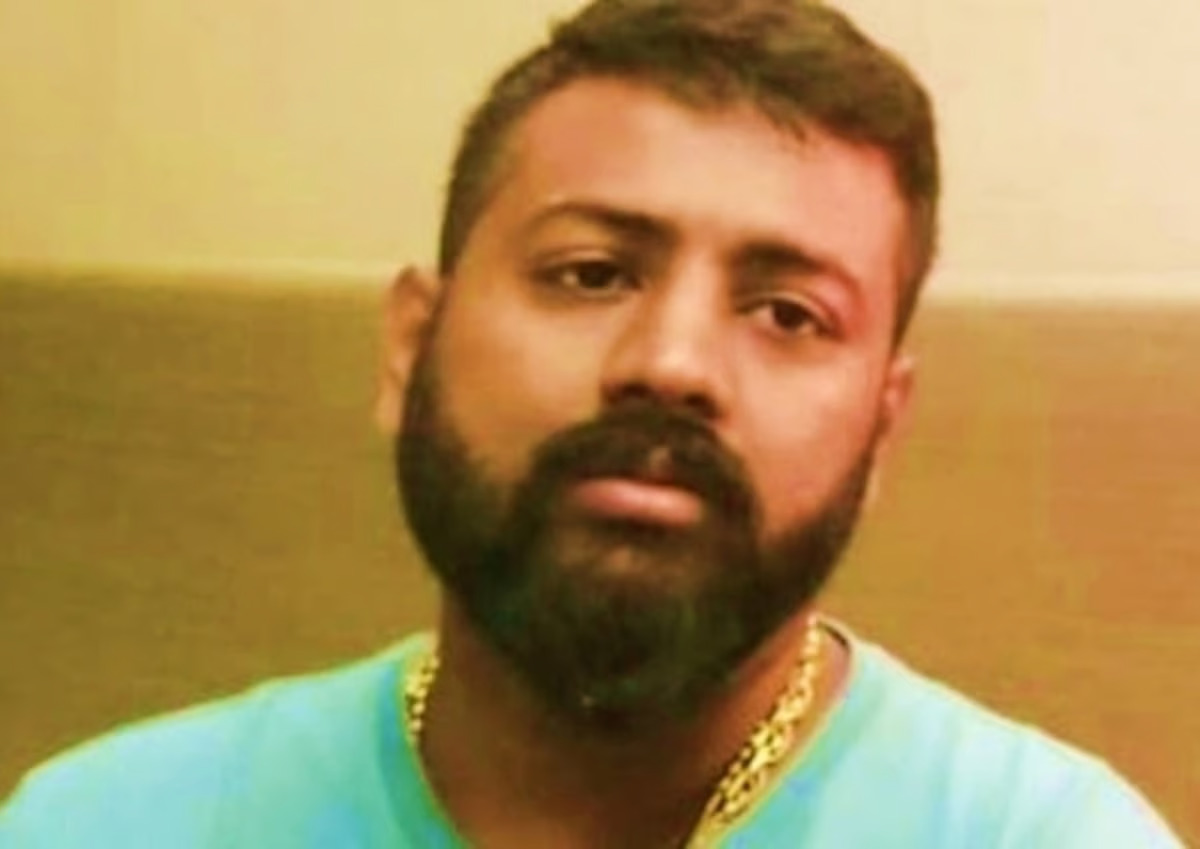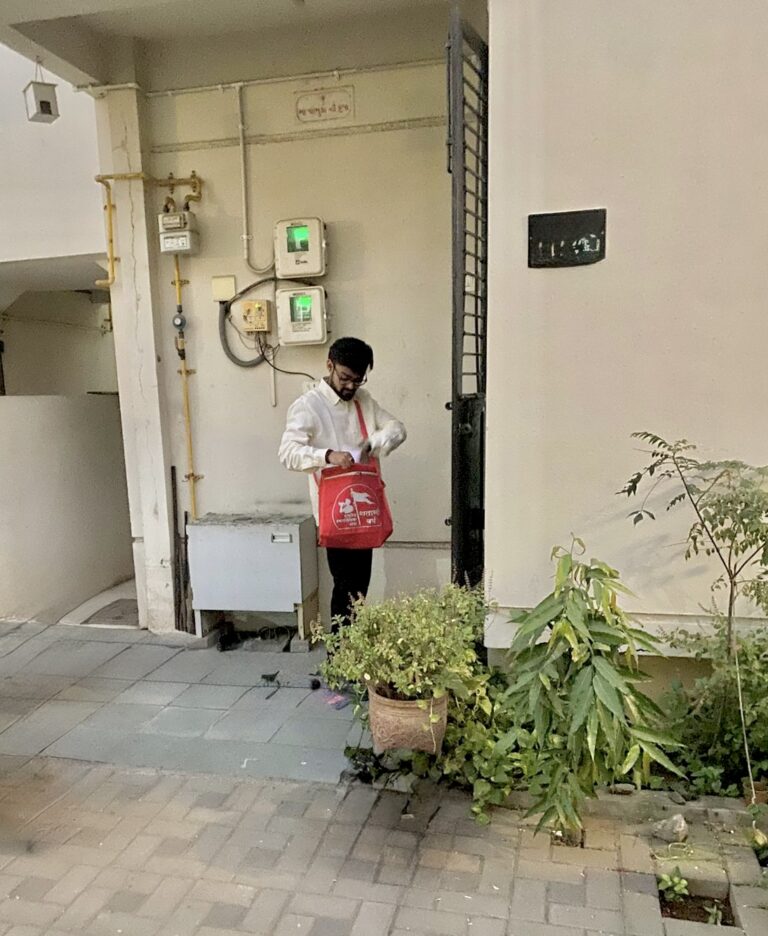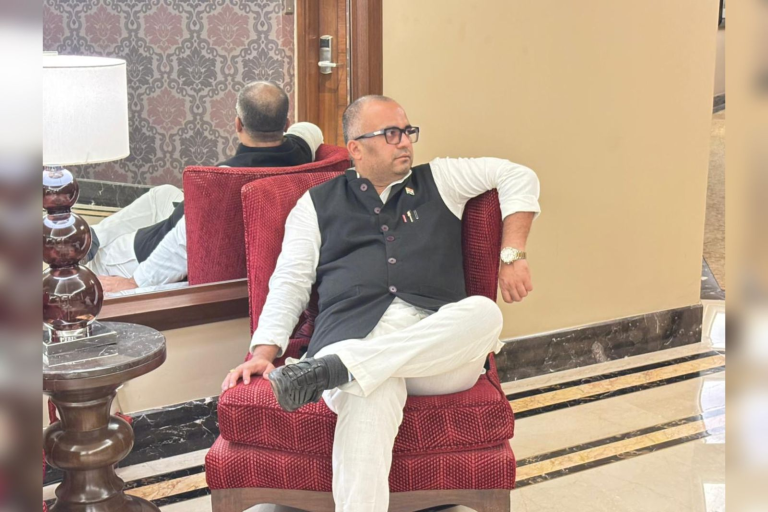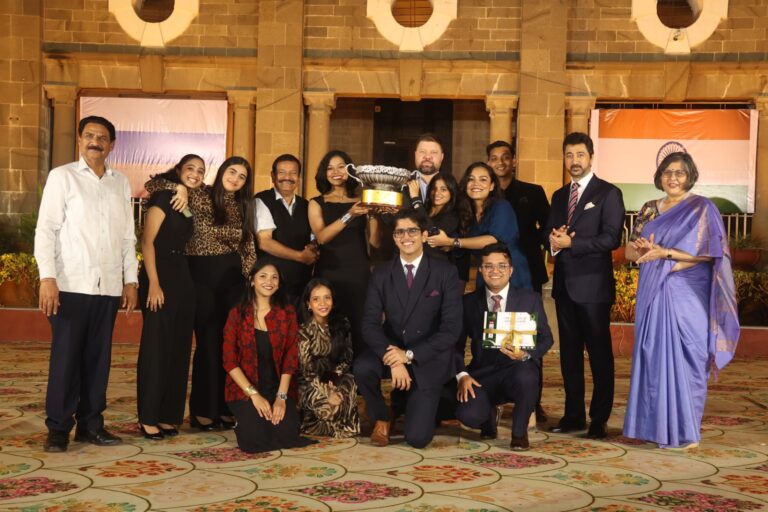
Sukesh Chandrashekhar
On Tuesday, the Delhi High Court upheld an order allowing the Enforcement Directorate (ED) to sell 26 high-end luxury cars, allegedly purchased by conman Sukesh Chandrashekar wife, Leena Paulose, using proceeds from criminal activities. The court emphasized that vehicles depreciate over time due to natural wear and tear, affecting their value and functionality. Therefore, the ED was directed to place the sale proceeds into an interest-bearing fixed deposit.
Leena Paulose, who is also in custody in a ₹200 crore extortion case, had challenged a trial court’s decision to permit the ED to sell the vehicles. Justice Swarana Kanta Sharma dismissed her plea, affirming that the vehicles should be disposed of according to legal procedures. The trial court had additionally allowed a representative from the Delhi Police or the Economic Offences Wing to oversee the auction process.
The high court noted that prolonged storage in a warehouse could degrade the cars’ condition, citing environmental factors such as weather, rust, and corrosion, which could significantly damage the vehicles’ structure and components. The court also highlighted the high costs of maintaining these luxury cars, such as Rolls Royce, Ferrari, and Range Rover, especially if they are not in regular use.
Under the Prevention of Money Laundering Act (PMLA), selling seized vehicles and placing the proceeds in a fixed deposit addresses depreciation issues, benefiting both the accused and the investigating agency. This ensures that if the accused is eventually acquitted, they receive the monetary value instead of a deteriorated vehicle. Conversely, if the prosecution succeeds, the investigating agency retains the value of the seized assets.
Paulose’s lawyer argued that she suffered from depression and memory loss after over 16 months of jail isolation, remembering only two cars’ registration numbers, a Rolls Royce Ghost and a Brabus. She claimed these cars were purchased in 2018, prior to the alleged criminal activity, and could not have been bought with illicit funds. She asserted that she had an independent car trading business with legitimate loan agreements.
However, the ED questioned Paulose’s selective memory, pointing out inconsistencies in her claims about loan agreements and vehicle details. The ED also noted that 17 out of the 26 cars had already been auctioned following trial court orders in 2022 and 2023.
The court criticized Paulose for not providing documentation to support her ownership and income claims, rejecting her argument that jail-induced distress and memory loss prevented her from recalling details. The court found no medical evidence to substantiate her claims of memory loss.
Sukesh Chandrashekar faces multiple accusations, including a ₹200 crore fraud against the former promoters of Ranbaxy, Shivinder Singh and Malvinder Singh. Both Sukesh Chandrashekar and Paulose were arrested under the Maharashtra Control of Organised Crime Act (MCOCA) and implicated by the ED in a money laundering case. The Delhi Police alleged that the couple used hawala routes and shell companies to launder money from criminal activities.








